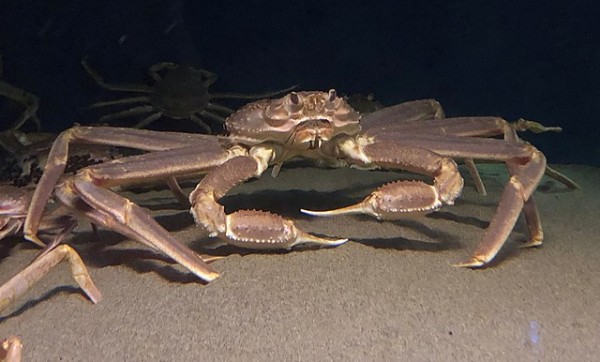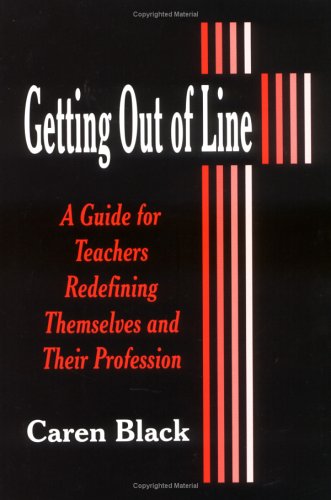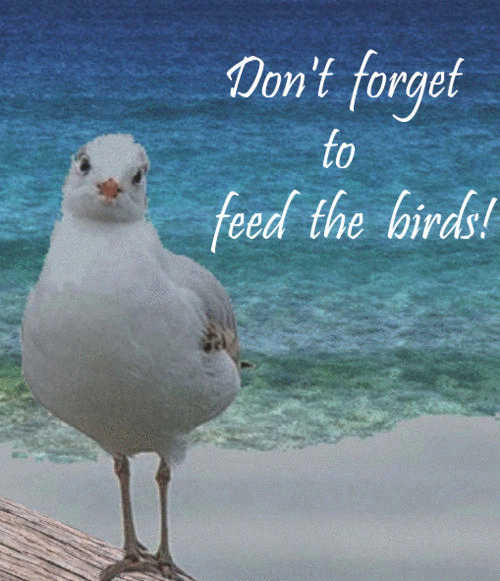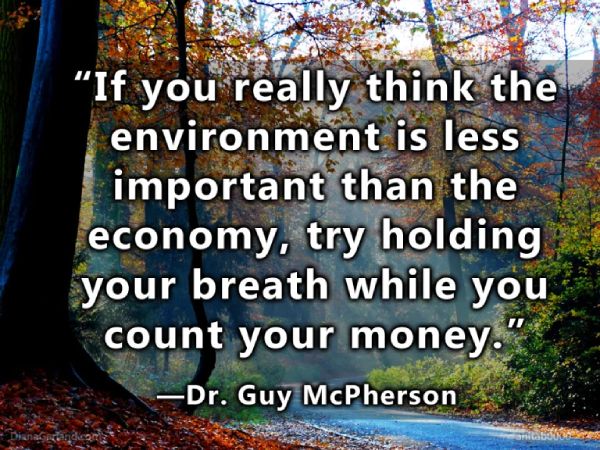The disappearance of 1 billion snow crabs will be investigated by officials, with some biologists believing the causes may be related to disease or climate change.
But for now, the cancellation of snow crab season will have a devastating effect on Alaska’s economy, which is responsible for 60% of the United States’ seafood.
The Alaska Department of Fish and Game (ADF&G) was forced to cancel the state's snow crab harvest season (which usually opens October 15) earlier this week after 1 billion snow crabs disappeared in two years, marking a 90% drop in their population. The decision to cancel the season is the first ever in the history of the state.
"Did they run up north to get that colder water?" asked Gabriel Prout, who owns the Kodiak Island fishing business. "Did they completely cross the border? Did they walk off the continental shelf on the edge there, over the Bering Sea?"
Biologists are saying the warming waters of the Bering Sea may be a possible reason for the decline in the snow crab population. The National Oceanic and Atmospheric Administration, as well as Climate Central, reports that Alaska is the fastest warming state in the country and loses billions of tons of ice each year. Ben Daly, a researcher from the ADF&G, says that disease may be another possibility.
"Environmental conditions are changing rapidly," Daly said. "We've seen warm conditions in the Bering Sea the last couple of years, and we're seeing a response in a cold adapted species, so it's pretty obvious this is connected. It is a canary in a coal mine for other species that need cold water."
“Snow crabs are an Arctic species,” Westphal said, noting that they need cold water to survive. Between 2018 and 2019, says Westphal, the Bering Sea “was extremely warm and the snow crab population kind of huddled together in the coolest water they could find.”
The ADF&G’s decision to cancel the snow crab season will be a major blow to the state’s economy, which was able to harvest 60 vessels worth of snow crab in 2020 and grossed about $132 million from that season. To make matters worse, the red king crab season was also canceled for the second year in a row. The declining population will also have adverse effects on the Arctic ecosystem.
Officials hope the pause on fishing will allow the crab populations enough time to rebuild, but according to Westphal, that future remains uncertain.
“We’re along for the ride. It’s hard to predict or pretend we could have influences on a stock that is subject to Mother Nature and climate change,” Westphal said. “They need time and space and favorable conditions to rebuild.”
Author
Mary Manley is a writer for Sputnik’s Washington, DC, bureau focusing on US politics, pop culture and other breaking news. Before moving to Washington, DC, Manley attended the University of Maine to study art and literary theory and criticism.
![]() Please help keep us afloat. Donate here
Please help keep us afloat. Donate here









